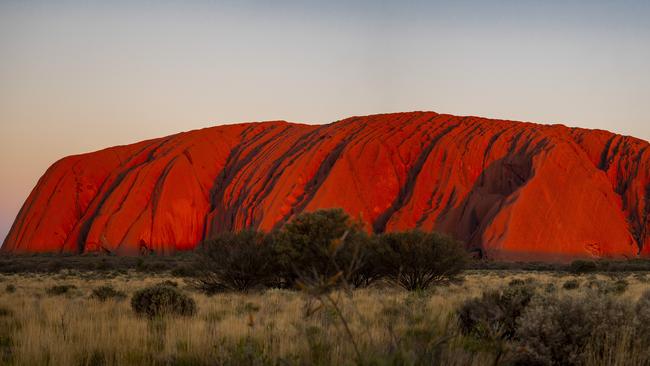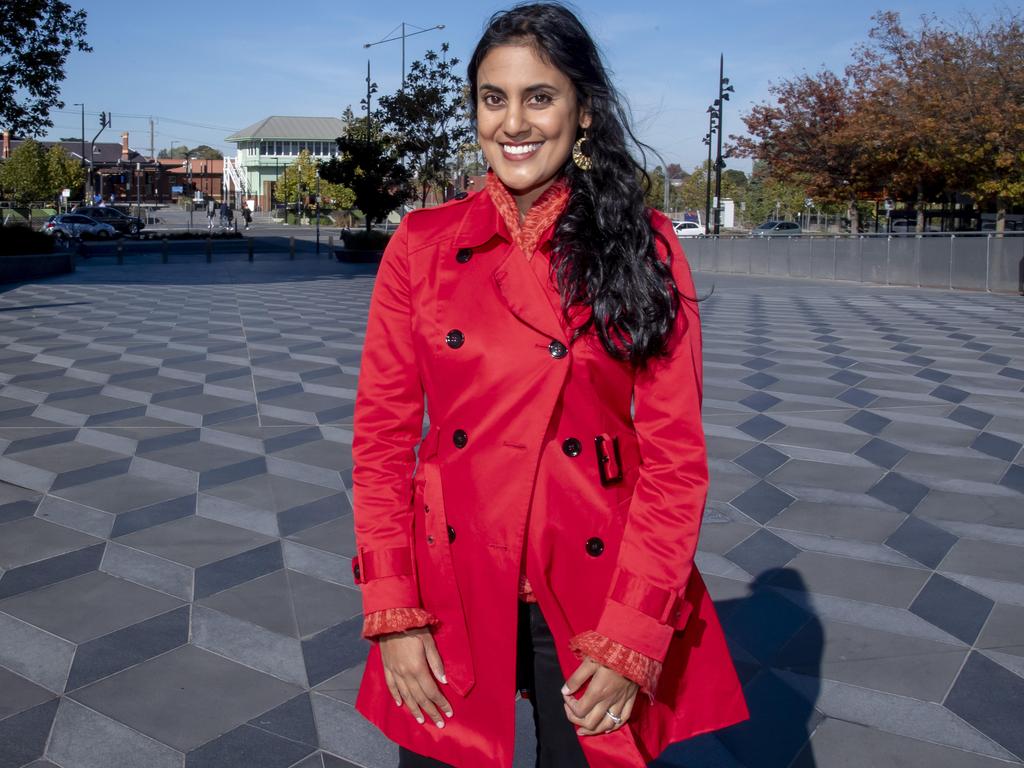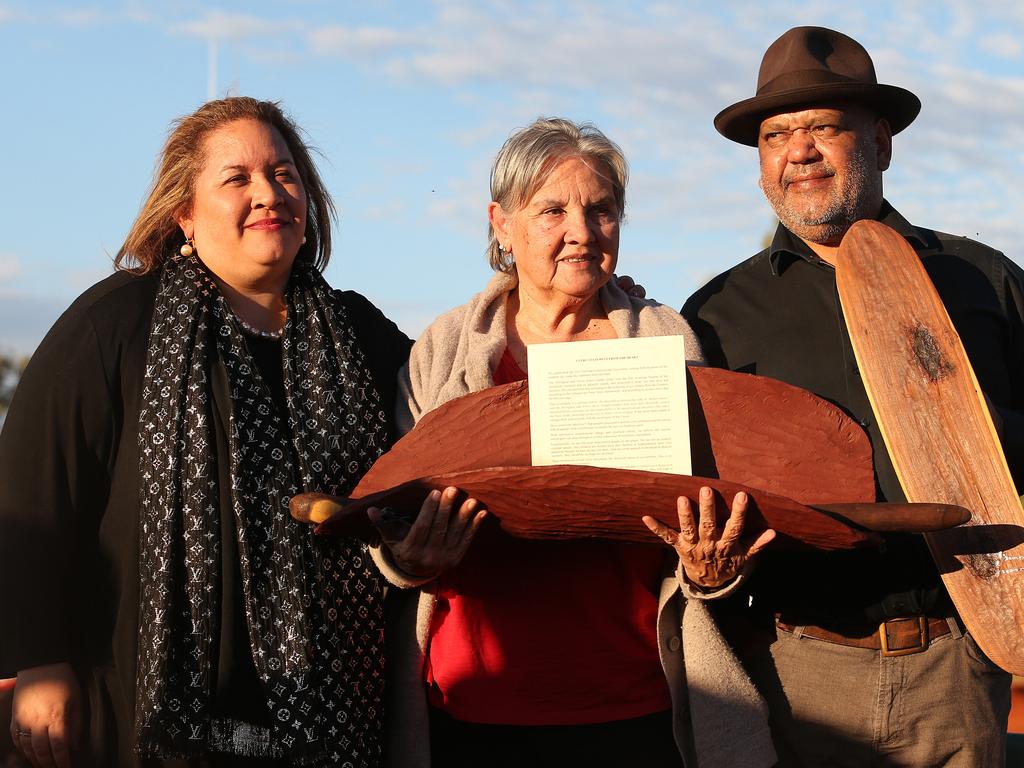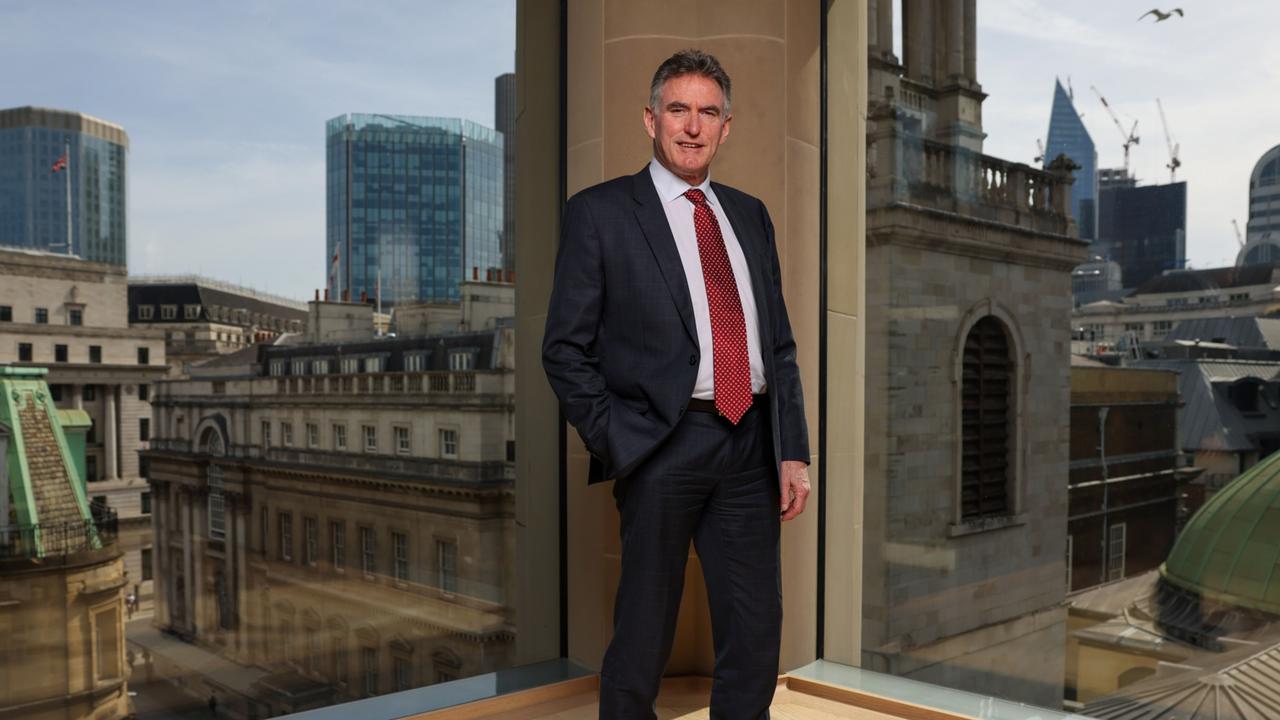Indigenous voice to parliament: A Yes vote can free us from policy mediocrity

And so here we are. Soon we will know the end of the journey that has been one of the dominating debates in national politics for many years.
A Yes vote finally brings Australia’s First Nations people into the Constitution we were specifically excluded from and provides us with the endorsement of our fellow citizens – we deserve the right to be listened to.
A No vote leaves our national reconciliation journey becalmed, the status quo of Aboriginal policy failure endorsed.
The national discussion over the past two months has been messy, sometimes clunky – yes, sometimes racist – and at times has elevated the national discourse to a level that shines a light on the true character of Australia. It is a rare opportunity to participate in a nation-defining conversation free from a national election – it has been a privilege to be a small part of it. Overall, I have loved the genuine engagement of friends and strangers, those with an inquiring mind who understand they have a responsibility to turn their attention to the issue at hand, for we don’t often get asked whether we want to update our founding document.
However, it is breathtaking how entrenched Aboriginal policy failure has become. And I mean failure on a grand scale. This is why a referendum is necessary, as the embedded status quo of policy failure will simply continue to exist unless our Australian nation rejects it at a national vote and implants this rejection in our Constitution. Once in the Constitution, the sword is then taken to this history of failure.
Saying yes is more than simply accepting the gentle invitation from Aboriginal Australia contained in the Uluru Statement from the Heart, it is a robust and profound rejection of a failed politics. Aboriginal policy, plagued by failure and, worse, plagued by the acceptance of failure, has become embedded in our policymaking DNA; we know it and we accept it. Yes comprehensively rejects this policy stupor in which Aboriginal Australia has been obnoxiously embedded for decades.
Yes is a statement of force, of anger, of hope, of shared responsibility. It is, at its heart, a most conservative statement – there is no group within Australia whose life outcomes are so dependent on government policy than our First Nations people. Yes gives the nation the chance to free our First Nations people of the strangle of policy mediocrity.
Australians have long been frustrated with the dismal returns from public investment in the Aboriginal development space. This often translates into a blame of those Aboriginal people on the receiving end of failed service delivery. Aboriginal Australia shares that frustration, because how can we take responsibility for policy into which we have no, or sporadic, input?
The voice proposition is more than a gentle invitation from Aboriginal Australia, it is the handing of a burning stick to a fed-up Australia – take this opportunity to reject failure, to rewrite our policy DNA, to demand success. Importantly, Yes hands responsibility for success to Aboriginal Australia – we will now have constitutional skin in the game for the success of Aboriginal policy. When you have responsibility there is no room for victimhood – this elevates the Aboriginal voice, absolutely – but it also elevates the expectations Australia has of our First Nations leadership.
Those who denigrate the voice as a “woke” outcome can only be blinded by the fact they have some form of Pavlovian response to failure. They know it hurts but defend its continuance. Yes is not woke but both a sledgehammer to failure and a demand of responsibility. It is both pragmatic and conservative to its core.
To vote Yes is a sword, not a shield. It is an act of assertion, to say that we, as Australians, demand a standard and we want that in our Constitution. A standard built on the Australian tradition of scepticism of government, understanding the incredible democracy we have created occasionally needs to be tested, assessed, challenged and, via a referendum, changed.
Yes is not a simple act of kindness, but a full-throated embrace of change. Yes unashamedly states that the status quo has been detrimental to Australia’s interest and we finally have the chance to throw it out, to say our Constitution is not just a document in need of modernisation but contains the bones of our great democracy and a statement that we reject accepted failure. We want our polity held to account; we can’t, as a nation, fulfil our national project while First Nations occupy such a maligned space in the body politic.
The arguments have been thrashed out and the opportunity presented by Yes far outweighs any fear or concerns credibly presented by the No case. The risk of any unintended consequence is so low, so marginal, that it melts in the face of the opportunity Yes presents us with. Indeed, the intellectual framework behind a No vote was always weak, and evaporated further this past week with the demands for an audit by key No advocates, thereby recognising the key part of the reason to vote yes – policy has failed. Any audit will confirm this; the opportunity Yes gives us is to ensure we do not need further audits.
In our Australian democracy, characterised by active participation and compulsory voting, to hide behind the ignorance of “If you don’t know, vote No” is irresponsible to its core. It is also a lie. Because we already know – Aboriginal policy has failed. We know the status quo in Aboriginal policy has seen billions in taxpayers’ dollars poorly spent. And we know that only Yes challenges this failure and presents us with a very different future in Aboriginal outcomes than we have come to expect. The great tragedy of “If you don’t know, vote No” is not that we all know, the tragedy is the fact credible people have deliberately mounted a campaign to convince Australians they can be forgiven for not being furious with the knowledge they have.
There can be only one answer.
Ben Wyatt is a former treasurer and Aboriginal affairs minister in Western Australia. He is an Aboriginal Australian.






